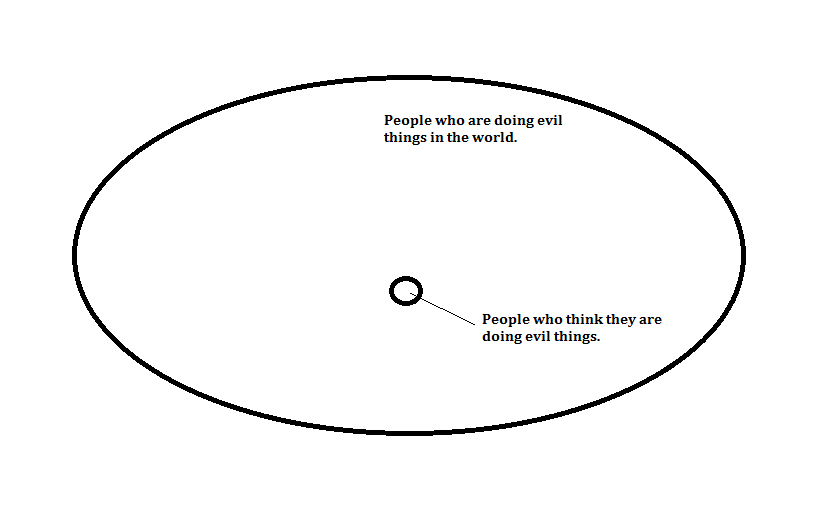A long time friend of mine, whom I met when I worked in NYC many years ago, recently sent me, and all of her other teacher friends the following email.
Many of you know that I have been in the green card process now for about six years. It has been a long, expensive, and quite honestly, a grueling and anxiety filled six years during which I have not been able to see my family. Well, my lawyers now tell me that the INS is very close to my "priority number", which means that I would be receiving my green card in either June or July. I write "would be receiving", because I have to have a job to port the green card, and I do not at the moment. I was forced to leave my current teaching job in San Francisco and I am now unemployed. If I do not have a teaching job by the time the INS gets to my priority number I will have to leave the United States.
I have been applying for jobs full time, day and night, and I have been applying literally all over the world (in case I have to leave the U.S.), and I have not heard back from anywhere. I am beginning to panic and I do not know what to do.
I have even applied for tutoring jobs, because my job description must be at least 50% the same as the job that got me into the green card process, which was my teaching job in New York, teaching high school English Language Arts.
The reason I am writing you all is that I am running out of ideas, and welcome new and fresh ones. Any ideas on what I should do next?
Suggestions? She is willing to work anywhere in the US.
